APAC HR leaders prioritise talent, technology, and wellbeing
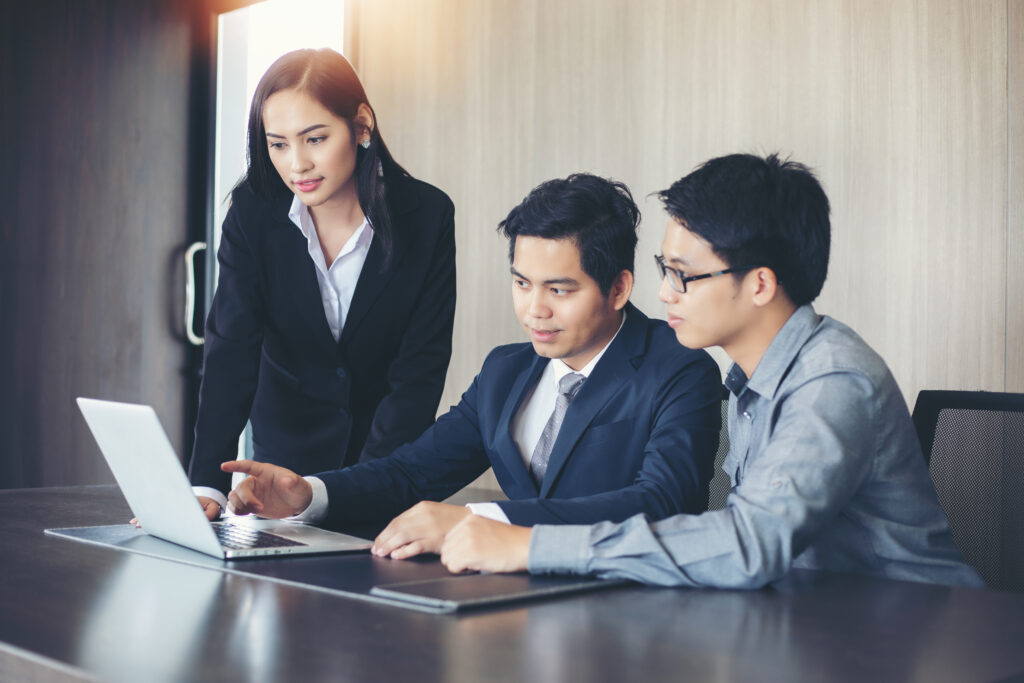
HR leaders in Asia-Pacific are revolutionising workplaces by addressing talent challenges, embracing technology, and prioritising human-centred strategies.
Seven key HR and workplace trends for 2025
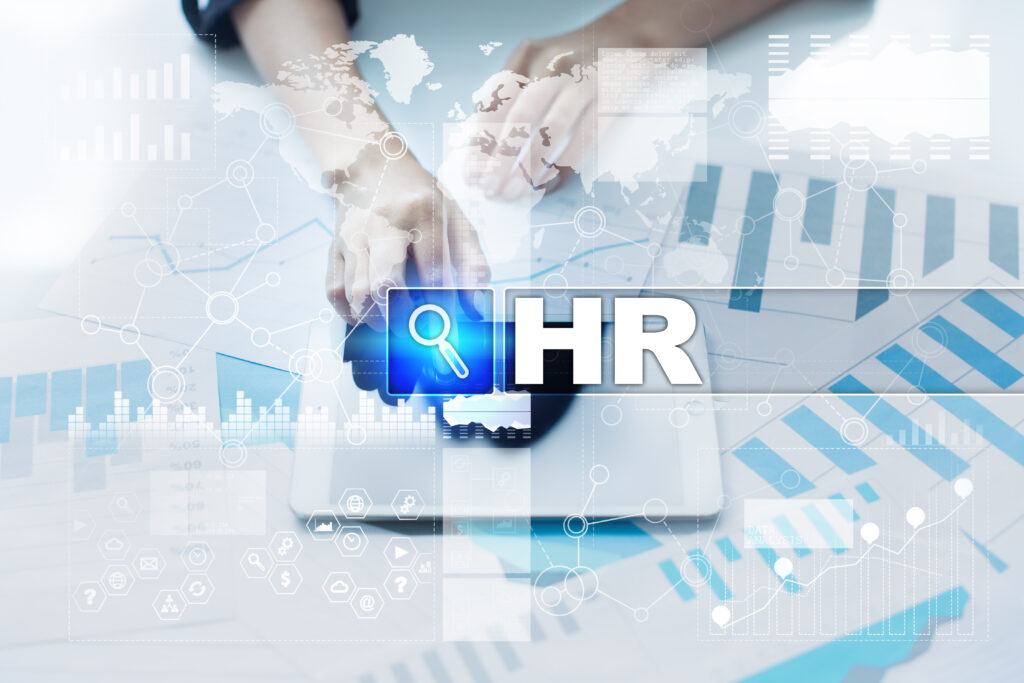
H3 HR Advisors’ 2025 Workplace Trends Report highlights seven critical shifts reshaping the future of work, from hybrid models to AI adoption and mental health support.
Asia HR Leaders Spotlight: Babu Jose Kalliath of Novo Nordisk
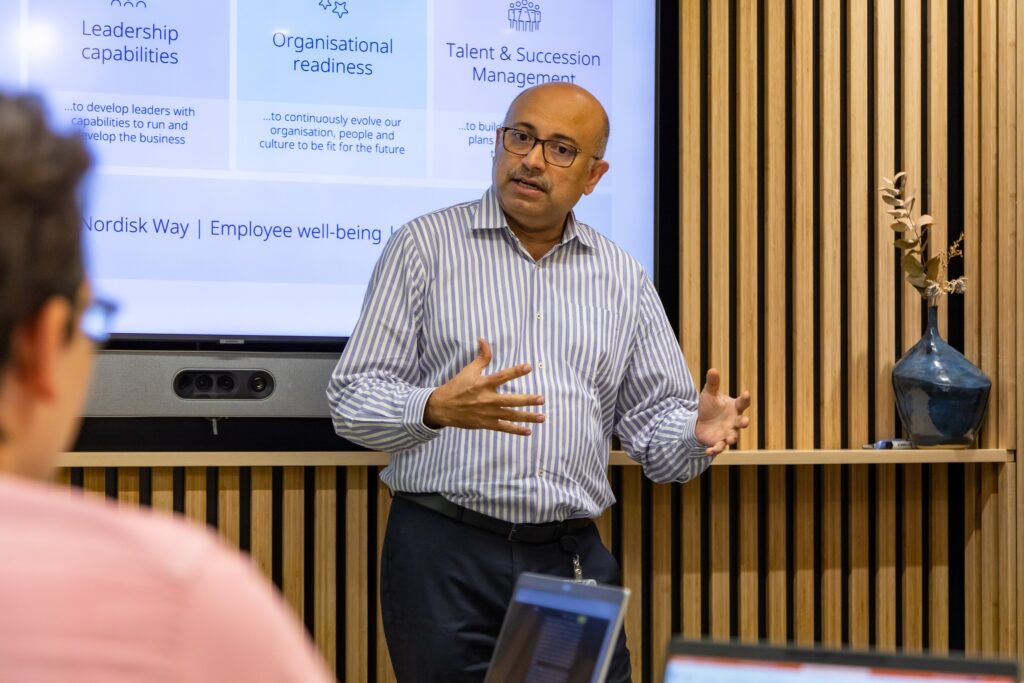
Novo Nordisk’s Babu Jose Kalliath shares insights into workforce transformation, employee wellbeing, and his goals for 2025.
HRM Magazine Asia Q4 2024 issue is now available

HRM Magazine Asia’s Q4 issue explores transformative HR trends, leadership insights, and workplace innovations shaping the future of work.
HR 2025: The human touch in the digital age

The first of a two-part series explores how HR leaders are navigating global shifts, blending technology with empathy to drive innovation, wellbeing, and inclusion.
How leaders can foster year-round mental health conversations

Fostering year-round mental health conversations empowers organisations to build supportive, resilient workplaces where employees thrive personally and professionally.
Why early detection of workplace distress is a game-changer for HR

Stephanie Cruz advocates proactive mental health training, urging HR leaders to equip managers with tools for empathetic, human-centred workplace support.
From AI to employee wellbeing: ADP reveals HR priorities for 2025

As organisations prepare for 2025, ADP highlights key HR trends, with a focus on employee wellbeing, skills development, and AI regulations.
Japan clamps down on debilitating overworked culture
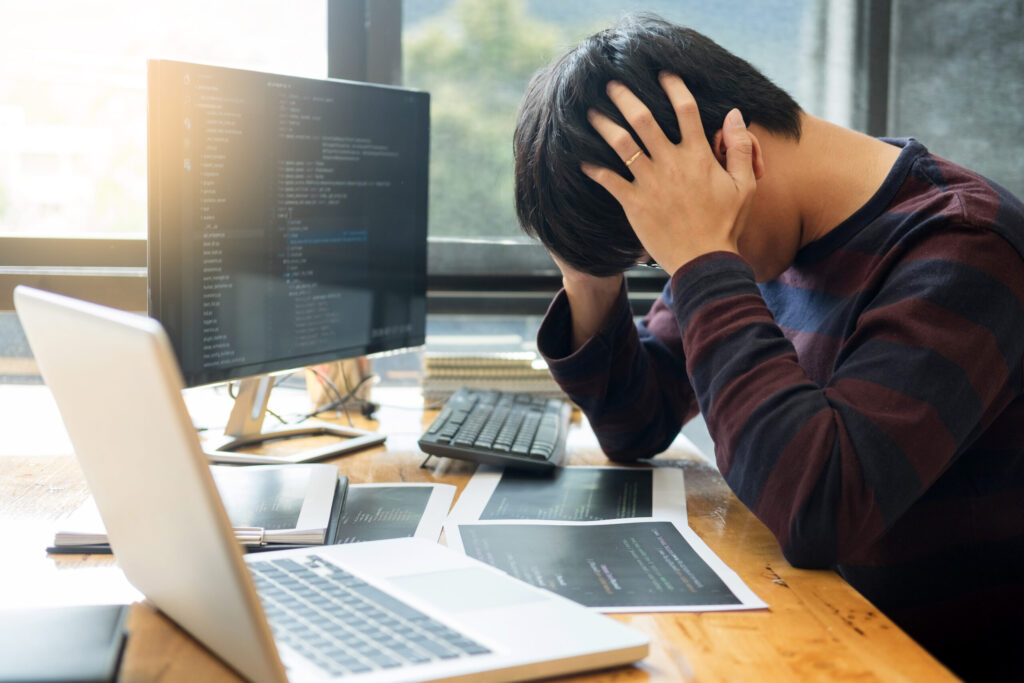
If passed, a proposed new bill will mandate employers to ensure that their employees do not work for 14 consecutive days or more.
Leading from the front: First-of-its-kind mental health first aid for CEOs

CEOs set the tone and culture of the organisations they lead, yet not many know how to be proactive role models on mental wellbeing.
Toxicity alert: Identifying classic signs of toxic behaviour in the workplace
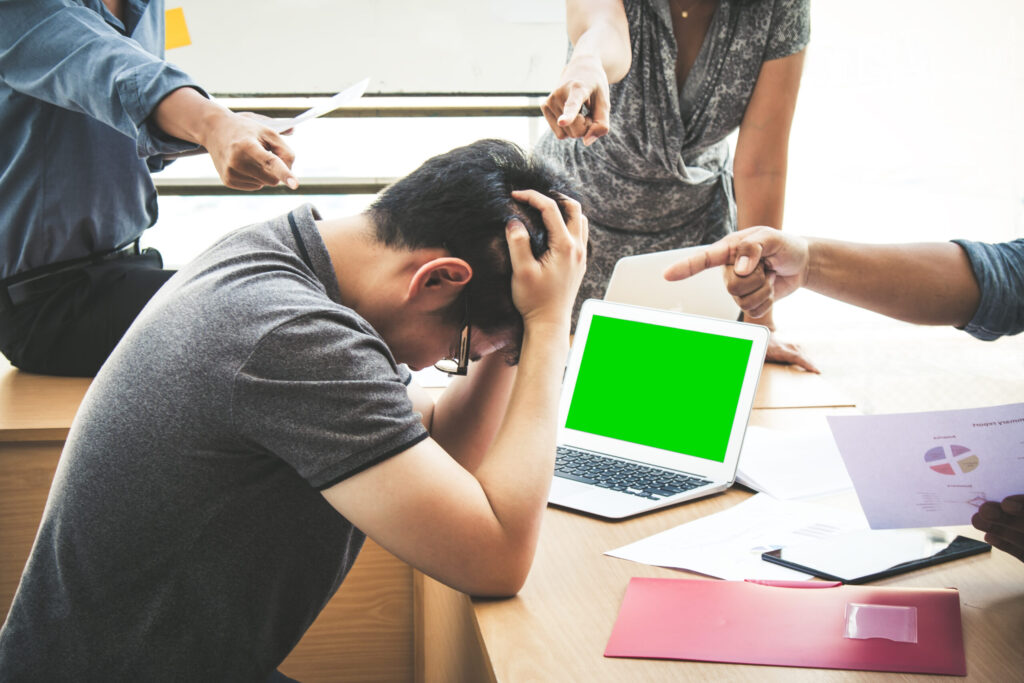
If you have always suspected that you might be infected by toxic behaviour at work, here’s a list of toxic behaviours to look out for.
The best of both worlds: Why inclusive leave policies matter

Organisations like Telstra and OMRON are innovating their benefits strategies to address the increasingly varied needs of working parents.
AI therapy: Bridging the workplace mental health gap

Although employers are paying more attention to employee mental health, they can leverage AI to do more, writes Sarah Poh of The Therapy Platform.
How SIAEC’s total rewards strategy is meeting diverse employee needs
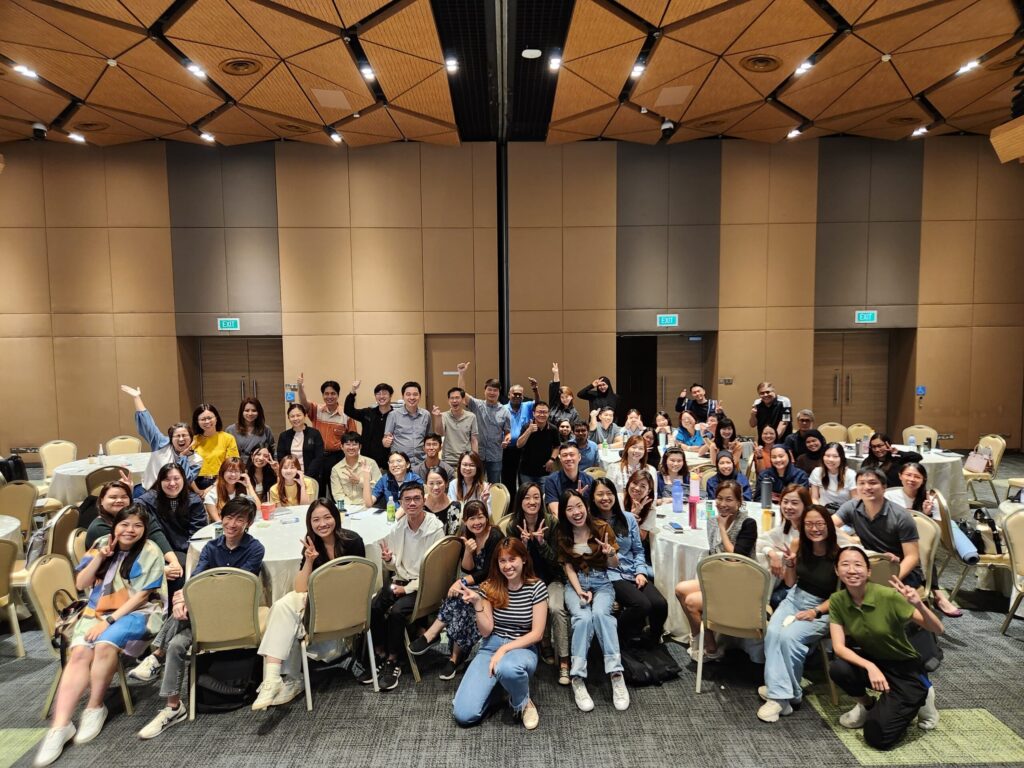
To ensure long-term sustainability, initiatives addressing employee needs are also aligned with SIAEC’s organisational priorities.
Empowering talent: Innovating with skilled-based compensation
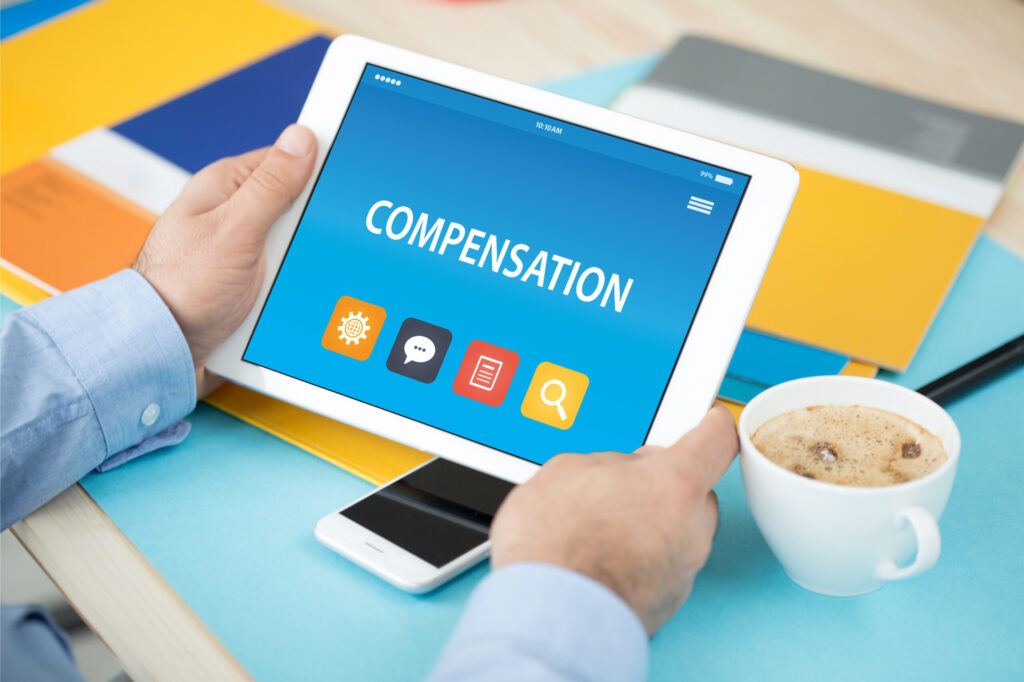
To attract and retain top talent, GlobalFoundries is proactively responding to the evolving needs and expectations of their employees.
A four-day workweek? It’s not happening, say Singapore’s employers
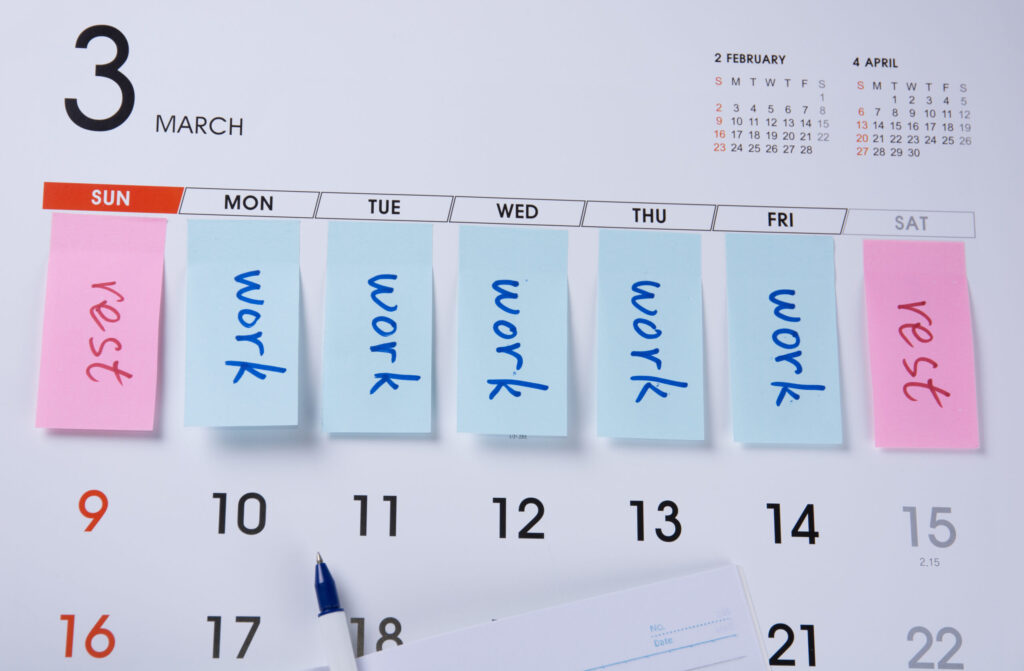
An overwhelming majority of employers have rejected the notion of a four-day workweek, citing reasons like cost and loss of productivity.
Smart tech and positive culture drives Canon’s workplace success

Canon Singapore’s Norman Ayob stresses that a people-centric work culture is key to retaining talent and driving organisational success.
Sustaining employee passion with job crafting
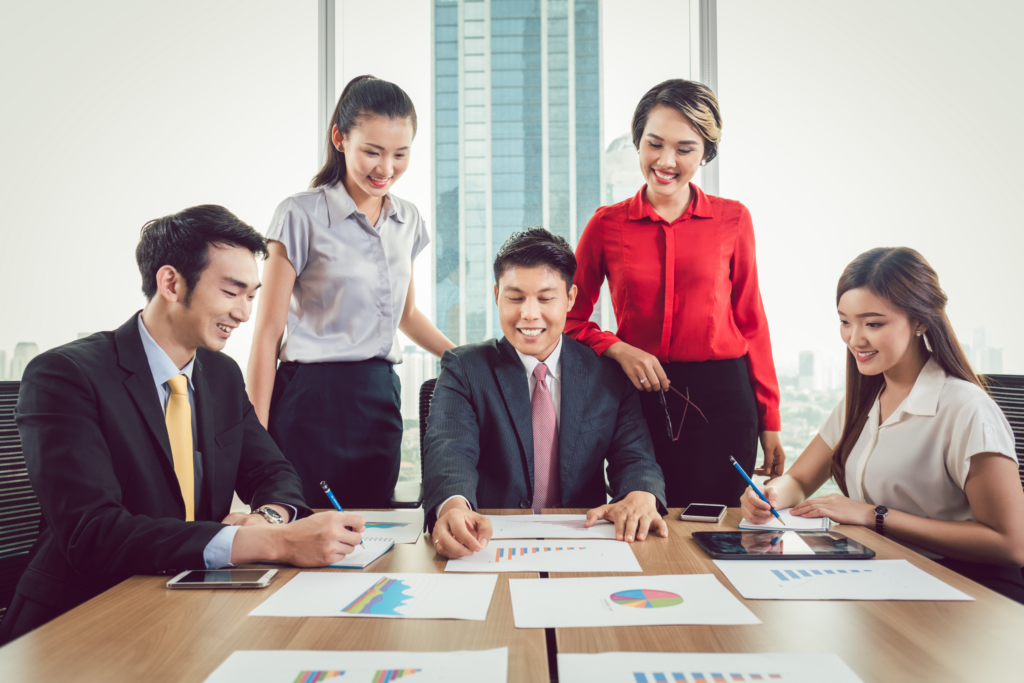
Job crafting empowers employees to shape tasks and goals, boosting engagement, satisfaction, and overall performance through sustained passion.
Emotional intelligence: The 5 areas HR must focus on

Focusing on emotional intelligence represents a people-centred approach grounded in understanding individual employees and supporting them.
How Go-Ahead Singapore empowers its senior workforce
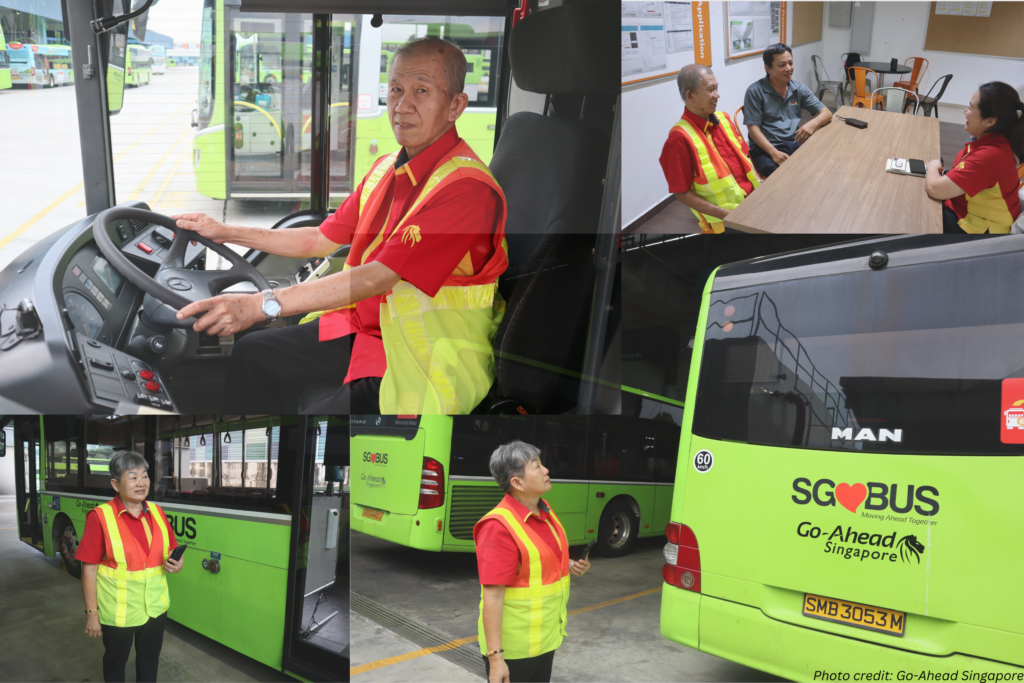
Go-Ahead Singapore is supporting senior employees with technology, wellness initiatives and flexible work opportunities.
Beyond the stereotypes: How women can succeed in the tech industry

Ping Identity’s Jasie Fon discusses overcoming imposter syndrome and championing gender diversity to empower women in the industry.
Bridging the gap: Why organisations should prioritise mental health

It is in the best interest of organisations to provide improved workplace mental health support for an increasingly stressed workforce.
Monde Nissin stands strong with employees in the face of adversity
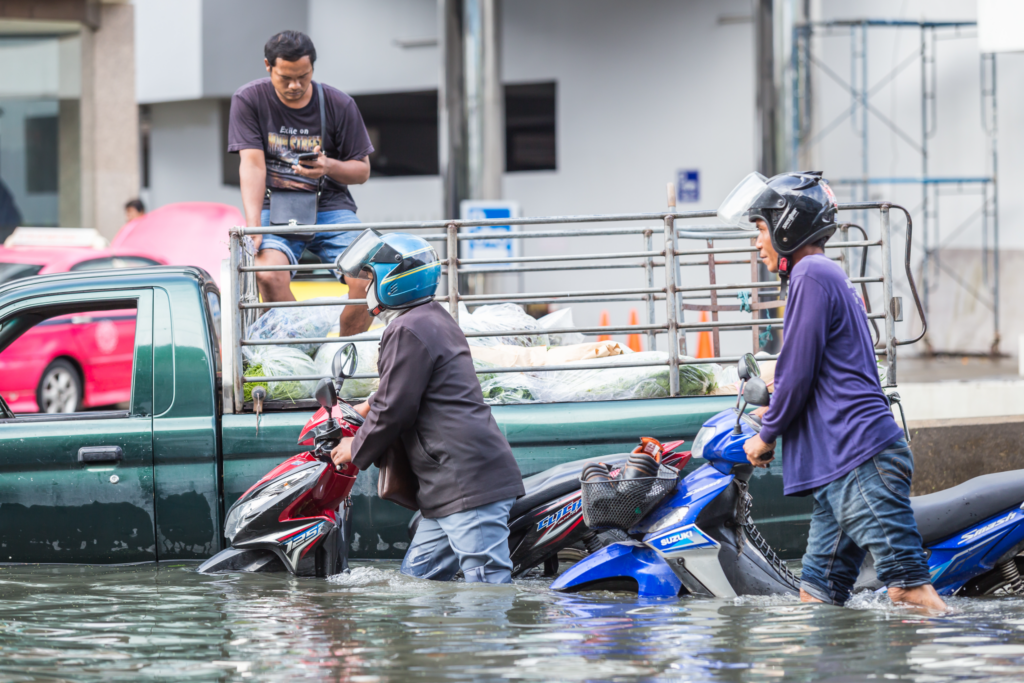
Prioritising employee safety and wellbeing during crises, Monde Nissan implements flexible work options and provides mental health resources.
Responsible retrenchment: Acting with empathy and transparency
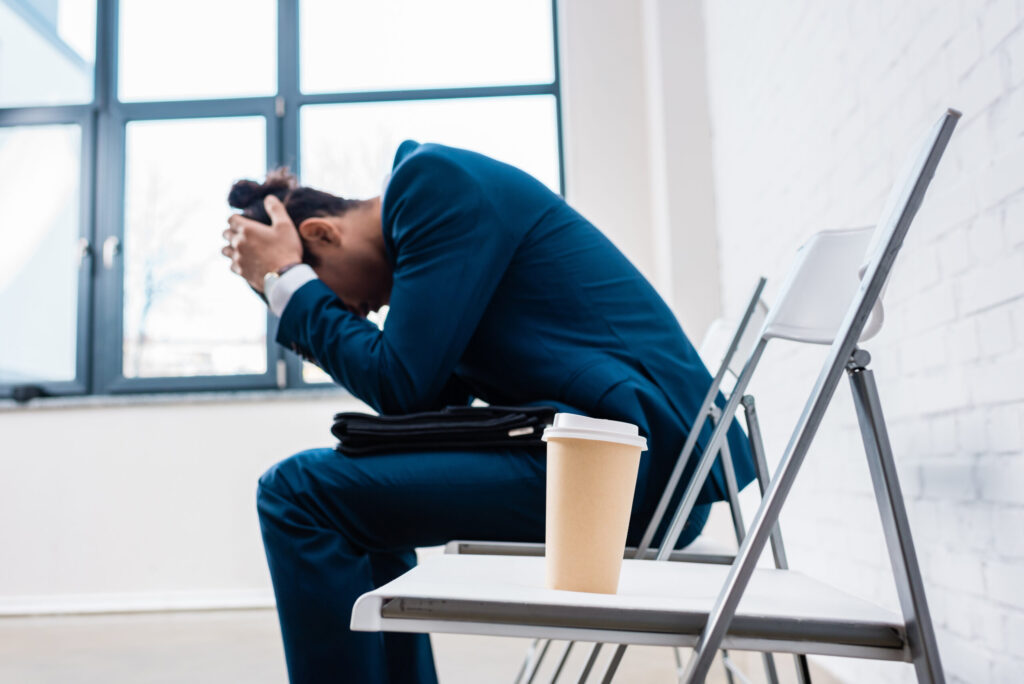
Treating employees with dignity and respect during layoffs is not only the right thing to do, but will serve organisations well in the future.
Youth in distress: Singapore’s mental health challenge
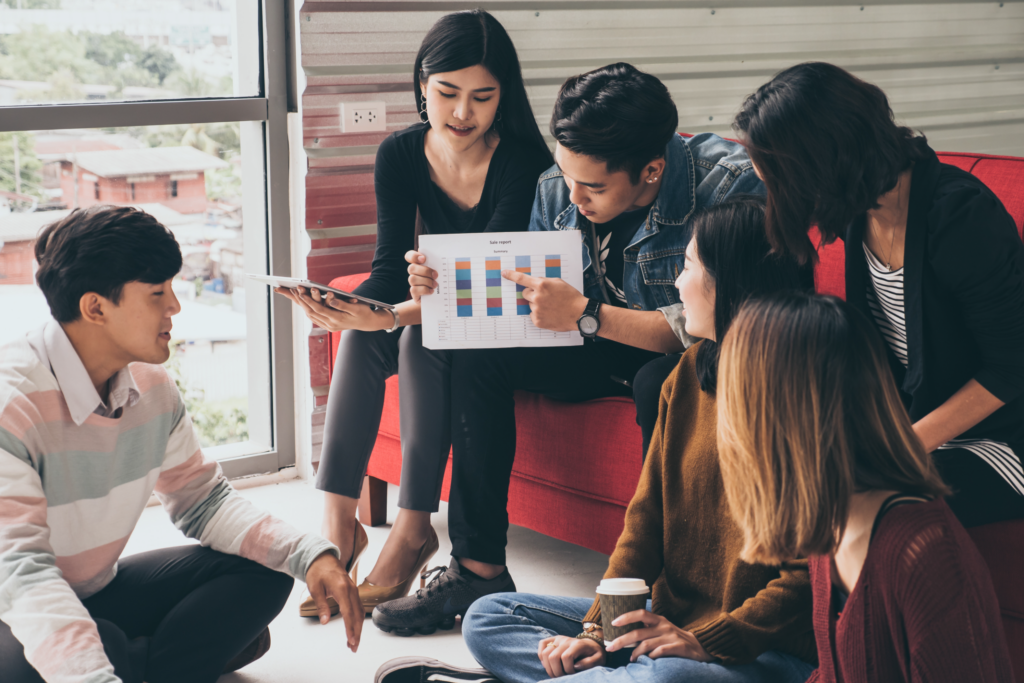
With youth mental health challenges on the rise in Singapore, organisations are stepping up to foster supportive, resilient workplaces.
Why mental health should no longer be an afterthought for organisations

With more employees prioritising mental health, organisations must step up to demonstrate their commitment to their employees’ wellbeing.
Bridging the wellbeing gap: Employers rethink mental health

A growing emphasis on employee wellbeing reflects the urgent need to address mental health challenges in the workplace.
Want employees to return to office? Give them a reason to do so
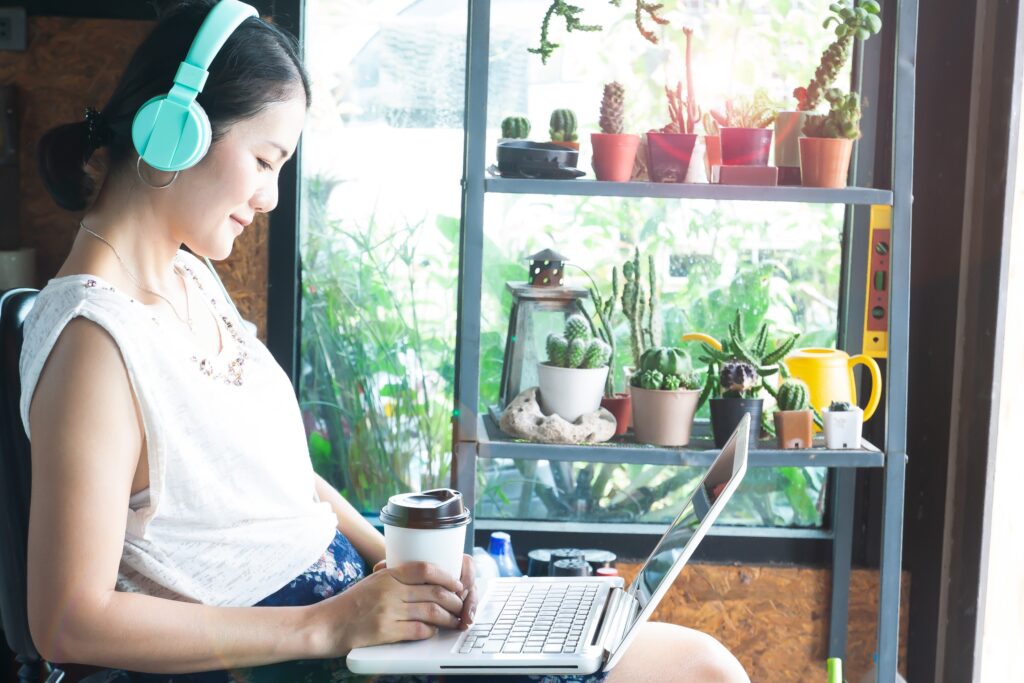
Unilateral return-to-office mandates are backfiring because organisations are failing to understand employees’ needs and preferences.
How Cathay United Bank elevates employee wellbeing
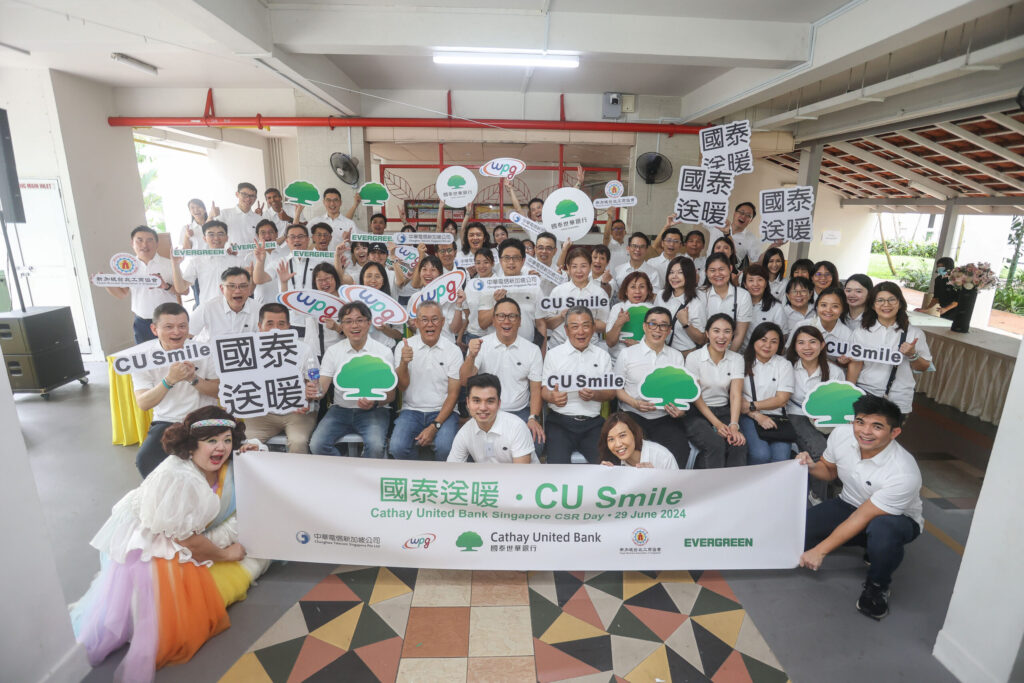
Cathay United Bank is prioritising employee wellbeing through a holistic approach that enhances engagement, mental health, and workplace culture.
Want to tackle mental health but unsure what to do? Help is on the way

By the first quarter of 2025, a set of guidelines will help employers in Singapore better support employees with mental health challenges.
